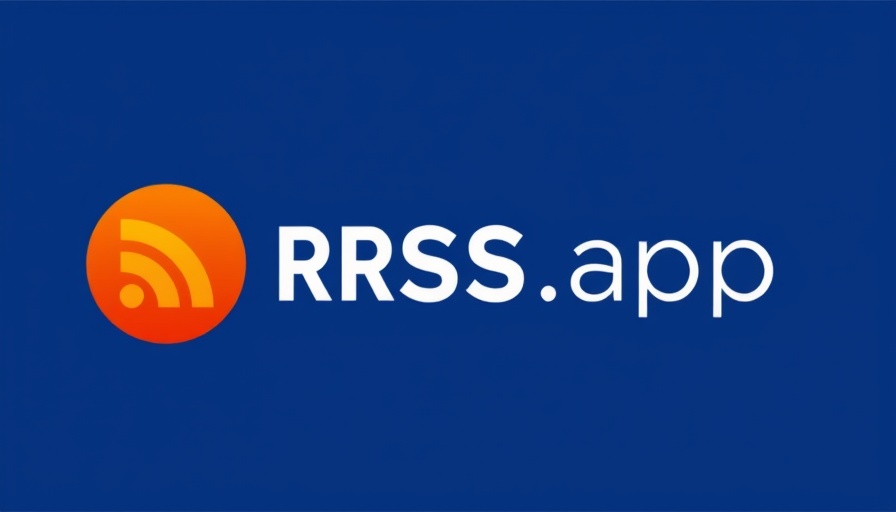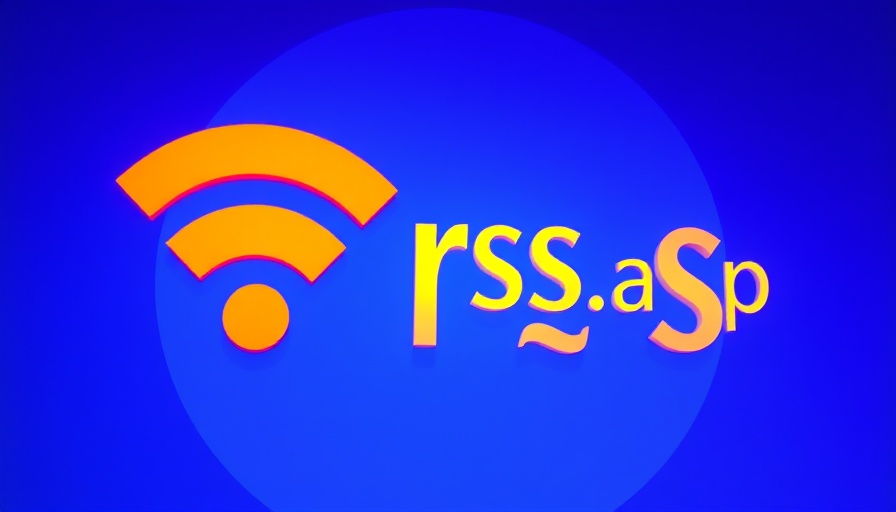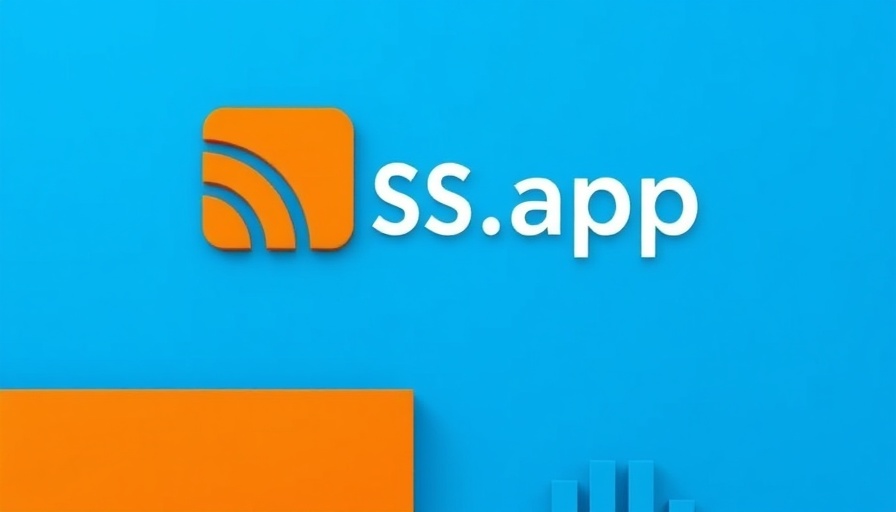
A Response to Misconceptions: Baltimore’s Academic Progress
In a recent high-profile confrontation, Baltimore Mayor Brandon Scott found himself defending his city against President Donald Trump's sweeping criticisms of its schools. On social media, Scott decisively rebuffed the President’s claims regarding declining student math scores, emphasizing that such statements reflect a misunderstanding of the significant improvements made within Baltimore's educational system.
Bridging the Knowledge Gap in Educational Metrics
Scott's remarks come against a backdrop of ongoing efforts to reform and improve academic outcomes in Baltimore. While Trump’s assertions highlight concerns about educational performance, they miss crucial context. Baltimore schools have seen various initiatives aimed at closing achievement gaps, enhancing teacher training, and integrating technology into the classroom. In fact, the Maryland State Department of Education has reported notable improvements, with test scores from the last academic year reflecting these changes.
How President Trump’s Viewpoints Affect Local Perceptions
Trump’s criticisms resonate not only in political circles but also influence the wider public perception of education in urban settings like Baltimore. Many local parents and educators express concern that such statements can overshadow the progress being made. As community members rally around schools, they find renewed motivation to champion their achievements, countering the narrative of underperformance.
Understanding the Broader Educational Landscape
Discussions surrounding educational assessment metrics reveal deeper implications. High-stakes testing, which often draws criticism for its limitations, tends to dominate evaluations of school success. Critics argue that standardized tests sometimes fail to capture comprehensive learning experiences. Baltimore’s educational framework emphasizes equity and access, aiming to ensure that students from diverse backgrounds have the resources they need to succeed.
Community Voices Speak Out
Community engagement plays a vital role in reshaping educational narratives. Supporters of Scott point out that the city’s emphasis on collaboration and transparency within schools is yielding fruitful results. Parents, teachers, and students alike highlight success stories – from improved graduation rates to rising participation in advanced placement courses – which deserve recognition amid the negative dialogue.
Looking Forward: The Path to Improvement
The criticisms from the nation's highest office could serve as a rallying point for ongoing reform within Baltimore's education system. As local leaders and advocates continue to innovate and advocate for equity in education, the focus will expand beyond test scores to include holistic measures of student achievement. By fostering dialogues that redirect attention to success narratives, the community exemplifies resilience in the face of external scrutiny.
Call to Action
As Baltimore moves forward in its educational journey, community members, stakeholders, and local leaders must unite to support these initiatives and continue advocating for students. Celebrate the successes, engage in dialogues about improvements, and participate in local educational efforts to build a stronger future for the city’s youth.
 Add Row
Add Row  Add
Add 




Write A Comment